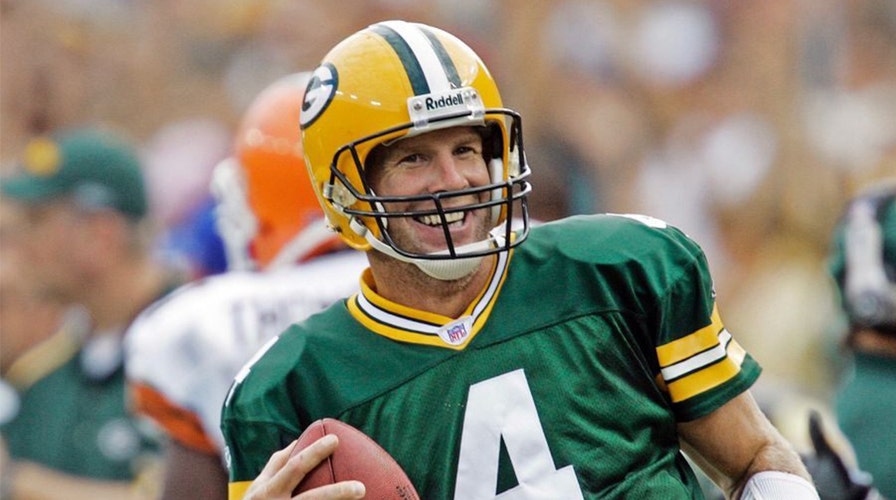Fox News Flash top headlines for August 17
Fox News Flash top headlines are here. Check out what's clicking on Foxnews.com.
Pro Football Hall of Fame quarterback Brett Favre is telling parents to wait until their children are 14 years old to play tackle football. The former Green Bay Packers legend released a powerful public service announcement in a "TODAY" exclusive in partnership with the Concussion Legacy Foundation.
According to the PSA, the longer a child plays tackle football, they are more likely to develop chronic traumatic encephalopathy (CTE). Favre, who spent 19 seasons in the NFL, told "TODAY" that he may have experienced brain injuries during his playing days.
CLICK HERE FOR MORE SPORTS COVERAGE ON FOXNEWS.COM
"I don't know what normal feels like. Do I have CTE? I really don't know," Favre said on Tuesday. "Concussions are a very, very serious thing and we're just scraping the surface of how severe they are."
"(There’s) no telling how many concussions I've had, and what are the repercussions of that, there's no answer," Favre told "TODAY" in an interview prior to his appearance on the broadcast. "I wasn't the best student, but I still can remember certain things that you would go, 'Why would you even remember that?' But I can't remember someone that I played six years in Green Bay ... but the face looks familiar. Those type of issues that make me wonder."
According to a joint study by the U.S. Department of Veterans Affairs, Boston University and the Concussion Legacy Foundation Brain Bank, 25% of high school football players developed the brain disease. There was CTE in 16 of 65 high school football players, and only one of the 16 players started playing tackle football after 14 years old.
Chris Nowinski, co-founder and CEO of the foundation, released a statement saying that children who play tackle football are more likely to develop the disease.
CLICK HERE TO GET THE FOX NEWS APP
"A football player’s odds of developing CTE may be most determined by their parents, specifically what age the child is allowed to start playing tackle football," Nowinski said. "It’s time to accept that CTE is not just a risk for professional and college football players, but also for high school players, and the best way to prevent CTE among football players is to delay the introduction of tackle football."


